Frederica Freyberg:
Now more on COVID-19-related news and the toll the pandemic is taking on the state workforce. The latest report from the UW-Madison Center on Wisconsin Strategy is a product of the center reaching out to workers around the state to better understand the impact of the pandemic on them in a wide variety of job settings. Laura Dresser is associate director at COWS and thanks very much for being here.
Laura Dresser:
I’m really glad to be here. Thanks.
Frederica Freyberg:
The jobless rate is improving slightly, down to 6.2% in August according to new numbers. Is that reason for some optimism?
Laura Dresser:
For sure. It is great to see that rate go down. The contraction from the shutdown in March was intense and off the charts like nothing we’ve ever seen. Unemployment spiked up to 13. It has come down. It’s coming down more slowly now. It’s still — we used to be right around 3%, 3.5%. So we’re still quite a bit higher than before. And the people who are suffering, I think especially the folks from leisure and hospitality, restaurants, hotels, that’s where a really intense story of dislocation and income loss is even today.
Frederica Freyberg:
Of course. What’s the disconnect between discussion of how great the stock market is doing and the average Wisconsin worker today?
Laura Dresser:
I mean, the disconnect is pretty intense. We know that we have historic highs, have hit historic highs this year in the stock market in spite of the fact that this economy is — has — has — is in crisis for so many people. And I think that’s really a contradiction that in doing research in the economy we’ve tried to point out all the way along, that what we see happening in the stock market is not reflected at the middle of the labor market, not reflected in the median worker’s life in this state. This is this extreme version where in spite of incredible suffering and dislocation, economic material desperation in this nation, we have a kind of disconnected reality for the rich.
Frederica Freyberg:
Now, the superintendent of Wisconsin schools in her annual address this week said that COVID laid bare opportunity gaps. From an economist’s vantage, how does it also lay existing economic inequalities bare, especially disparities between black and white people?
Laura Dresser:
I think maybe people are familiar with the health outcomes, where black and brown communities are three times as likely to — this is nationally, three times as likely to contract the disease, twice as likely to die from the disease. But underneath you also see incredible — the income disparities, especially racial economic disparities, exposed and exacerbated by this. I think specifically of — I was talking earlier about restaurant workers. The workers at the bottom of the labor market, more likely in restaurants and food service, are the ones who lost their jobs, who don’t, can’t find jobs to go back to. In the first place, they were in jobs that had pretty low hours — pretty variable wages — I mean pretty variable hours and very low wages, sorry, and really weak benefit packages. Those ones have absorbed all this intense shock. Those are more likely black and brown workers in the state. And also specifically thinking about the workers in meat-packing plants, which are largely immigrants, mostly from Latin America in most of the settings in this state that had outbreaks, so that that intense — was intensely experienced through work by those communities.
Frederica Freyberg:
Now, you describe uncertainty for people who are unemployed, of course. But what is the worst of that uncertainty in your mind with really less than a minute left?
Laura Dresser:
The worst of the uncertainty is I think the inability to see people treating this as a national economic crisis, where the health care — the situation in our health is requiring — is displacing some people and they need income support to keep food on their tables and keep themselves in housing. And those people, once the extra unemployment insurance from the federal CARES Act ran out at the end of July, the nation has basically looked away. That problem hasn’t gone away and COVID hasn’t gone away and those workers are in desperate need.
Frederica Freyberg:
Laura Dresser, thanks very much. Thanks for your work.
Laura Dresser:
Thanks for having me.
Search Episodes
Related Stories from PBS Wisconsin's Blog

Donate to sign up. Activate and sign in to Passport. It's that easy to help PBS Wisconsin serve your community through media that educates, inspires, and entertains.
Make your membership gift today
Only for new users: Activate Passport using your code or email address
Already a member?
Look up my account
Need some help? Go to FAQ or visit PBS Passport Help
Need help accessing PBS Wisconsin anywhere?

Online Access | Platform & Device Access | Cable or Satellite Access | Over-The-Air Access
Visit Access Guide
Need help accessing PBS Wisconsin anywhere?

Visit Our
Live TV Access Guide
Online AccessPlatform & Device Access
Cable or Satellite Access
Over-The-Air Access
Visit Access Guide
 Passport
Passport





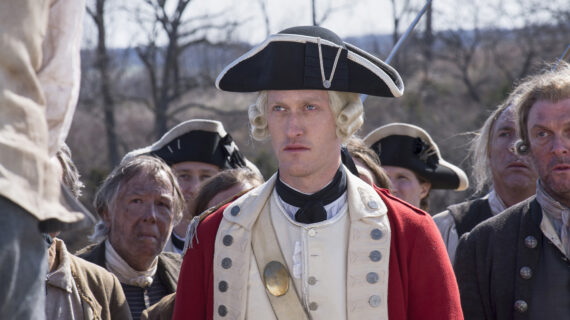
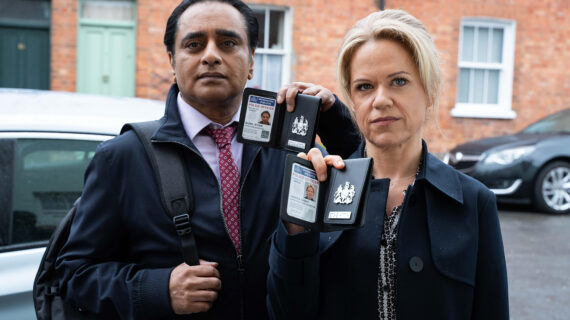
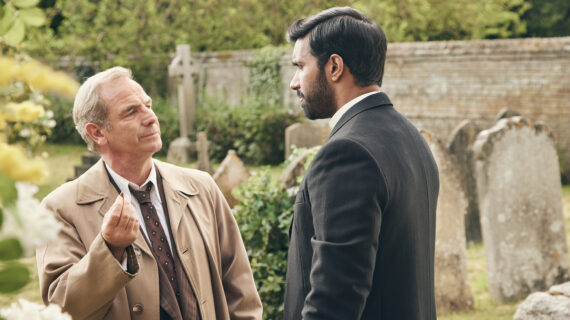
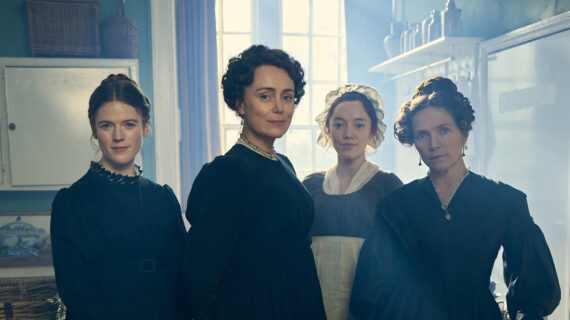

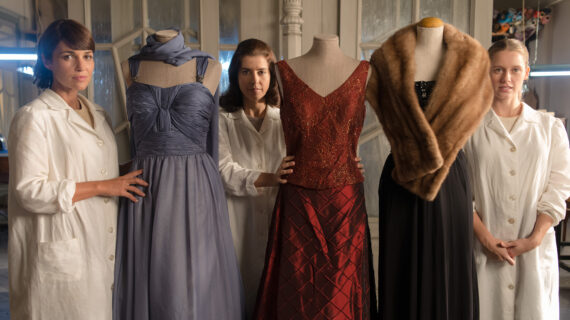
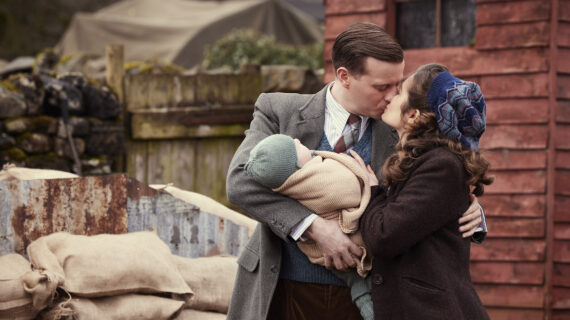

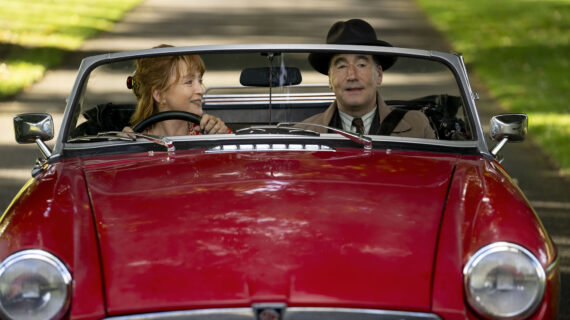
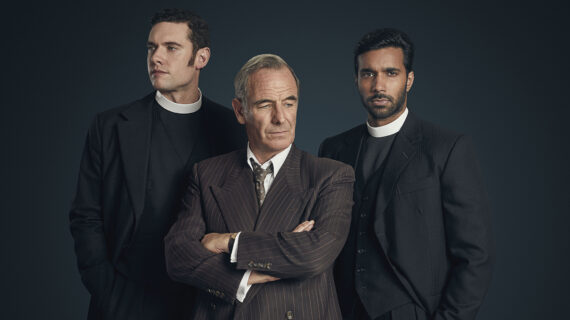
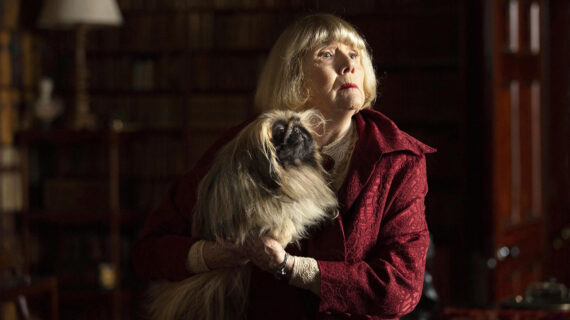

Follow Us